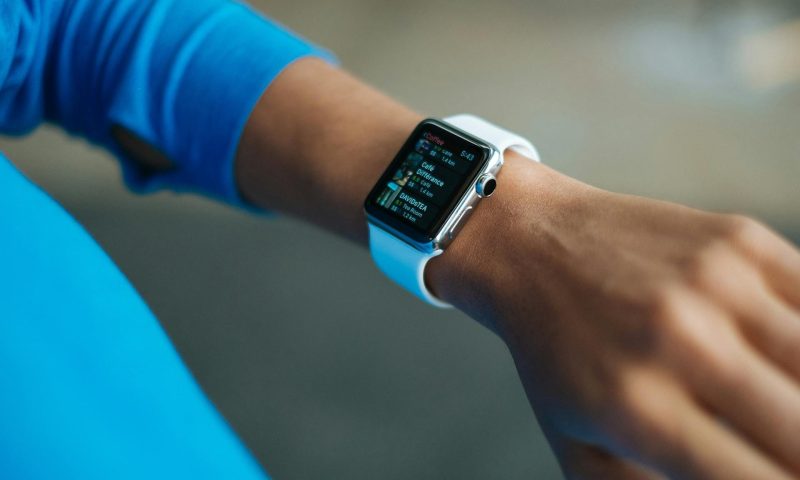While I often like to get away from the numbers, stats, and digital technology in general, I know there are plenty of benefits to wearing these nifty modern fitness trackers, like the Apple Watch. I remember that for a while, I was getting pretty pumped about a running app that tracked my calories, mileage, and more. Seeing those stats gave me a little rush of accomplishment.
Recently, in a meta-analysis, researchers determined that Apple Watches are accurate for measuring step counts and heart rate; however, for values such as energy expenditure or calories, Apple Watches may not provide the most reliable data. Big companies like Apple are refining and improving their technology, which will hopefully enhance accuracy in the future for those of us who want to use fitness trackers.
In another interesting study, researchers investigated whether fitness trackers actually increase physical activity. Let’s dive into the research.
The results of the meta-analysis

In a systematic review and meta-analysis, researchers looked at over 160 randomized controlled trials and discovered that fitness trackers and similar devices were highly effective at increasing physical activity levels by an average of around 1,800 steps per day, which is pretty impressive. It’s like an accountability partner that tracks and digitalizes your progress.
The longest-lasting improvements happened when people paired those wearables, like the Apple watch, with behavioral support or personalized feedback. It seems that fitness trackers really can improve your
Should you wear a fitness tracker?

The only way to know if you’d like wearing a fitness tracker and if it would help you improve your
This study aligns with previous research, which shows that people who wear a smartwatch are ten times more likely to work out regularly and seven times more likely to continue being physically active after six months. It’s important to set realistic and specific goals, include rest days, stay hydrated, and think of your wearable tech as a tool that can help you build healthier habits over time.




